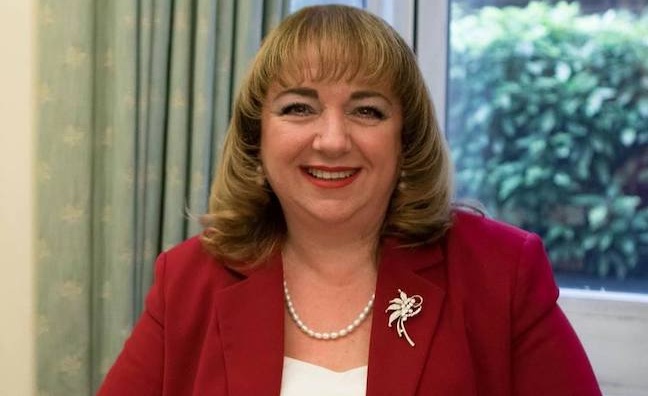Almost two years ago, the Competition & Markets Authority called for stronger laws for the ticketing sector to protect music fans.
However, the government has finally responded by refusing to act on the proposals.
To help tackle continuing issues for consumers in the secondary market, in August 2021 the regulator had proposed:
- A ban on platforms allowing resellers to sell more tickets for an event than they can legally buy from the primary market.
- Ensuring platforms are fully responsible for incorrect information about tickets that are listed for sale on their websites.
- A new system of licensing for platforms that sell secondary tickets that would enable an authority to act quickly and issue sanctions, such as taking down websites, withdrawing a business’ right to operate in the sector, and the imposition of substantial fines.
“I am not convinced that the additional costs that would fall on ticket buyers (as regulatory costs would be passed on) are justified by the degree of harm set out in your report,” wrote Kevin Hollinrake MP, Parliamentary Under Secretary of State – Department for Business and Trade in the government’s response. “This is especially the case when we are already proposing to give the CMA additional administrative powers to protect consumers which the CMA could deploy in the secondary ticketing market.”
Sharon Hodgson MP, chair of the APPG on Ticket Abuse, said: "In August 2021, the CMA made it clear to the government that a handful of additional safeguards could help reduce the scale of unlawful online ticket touting, and better protect consumers. Nineteen months on, and all their recommendations have been rejected. We are still struggling to understand why, and on what basis.
"Rather than improving the capacity of enforcement agencies to clamp down on malpractice, the government has effectively given bad actors a free pass to continue acquiring tickets in bulk to popular events and to engage in speculative and fraudulent selling. These individuals can make extraordinary profits at the expense of ordinary fans who are left ripped off and out of pocket.
"The UK is rightly proud of its live event industry, but an uncontrolled black market risks harming the consumer experience and wreaking untold damage on the sector overall."
The government has effectively given bad actors a free pass to continue acquiring tickets in bulk to popular events
Sharon Hodgson
Adam Webb, campaign manager, FanFair Alliance, said: "In August 2021, the Competition & Markets Authority published a series of common sense recommendations to the government that aimed to further protect consumers from being ripped off by unscrupulous ticket touts and parasitical ticket resale sites. These included new measures to clamp down on the unlawful bulk-buying of tickets and large-scale speculative fraud, where rogue traders list tickets for sale that they do not possess. Research by FanFair Alliance has shown these problems remain rampant on certain secondary ticketing platforms.
"Nineteen months down the line, and, despite overwhelming evidence of continuing bad practice, the government has today comprehensively rejected the CMA's advice - without, we believe, consulting with experts, campaigners or the live music industry. The experiences of consumers appear to have been overlooked entirely. Although much progress has been made in recent years to tame the UK's black market for tickets, FanFair Alliance shares the views of the CMA that further action is still required to tackle these evident and ongoing problems with online secondary ticketing."
The government said it will instead prioritise reforms to consumer law, rather than specific changes to the secondary ticketing market.
“The government believes in the power of competitive markets to give consumers choice and flexibility,” wrote Kevin Hollinrake in the response to the CMA report. “This applies to both the primary and secondary markets in event tickets. It is right that consumers have the ability to sell on tickets they no longer want or are able to use, and that there is a market in such sale and resale.
“Technology is improving the consumer experience in both security and flexibility of ticketing but as with all online purchases, consumers must be careful in making purchasing decisions and ensure they understand what they are buying. While many operate in the secondary ticketing market successfully, some consumers are left feeling misled or ripped off and this is not acceptable.”

 FOLLOW
FOLLOW 







